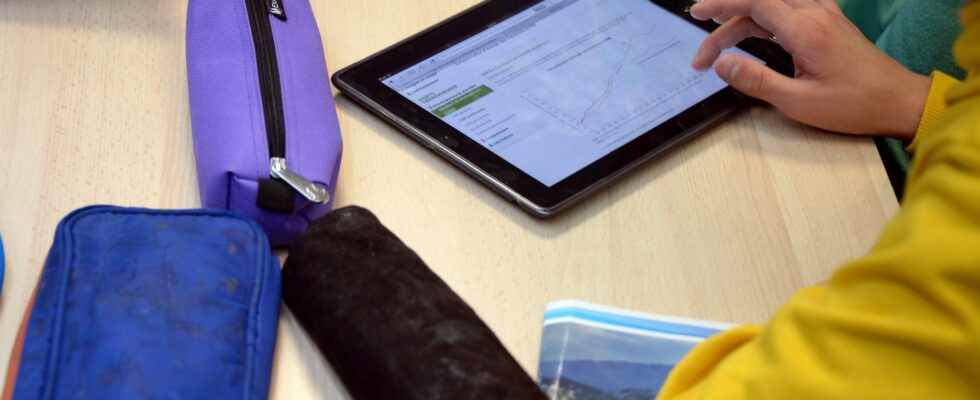YES/ There are effective free and sovereign alternatives
By Stefane Fermigier, co-president of the National Free Software Council (CNLL)
This decision is not surprising. These office automation or videoconferencing tools, based on the use of clouds, are subject to US surveillance laws, including 9/11 laws, which allow the interception of personal data and conversations of non-US citizens. In fact, they are not compatible with the GDPR (General Data Protection Regulation), which has already led to the end of the Privacy Shield between the United States and Europe in the summer of 2020. But, in despite this illegality, the government continued to act as if nothing had happened.
This announcement is also part of a certain logic in France. First, with the opinion of the National Commission for Computing and Liberties (Cnil) a year and a half ago on the risks of technological and scientific espionage, as well as data leaks linked to videoconferencing platforms , mostly proprietary, non-European massively used during Covid-19. But also with the circulars and laws that have encouraged, in recent years, the use of free software (unlike non-proprietary) French or European instead of American technologies. The appointment of Alexis Kauffmann in the Department of Digital for Education of National Education at the start of the 2021 school year was a strong signal in this direction. The founder of the Framasoft network is one of the pioneers for the promotion of free software in France. This answer concerning Google and Microsoft today has the merit of going in the right direction. The idea is to be in control of your data and the technologies used. Today, there are many powerful free alternatives to the tools on the market, which also offer better guarantees in terms of security. Witness the BigBlueButton video conferencing software, which very well replaces all the features of Teams (Microsoft) or Meet (Google).
NO/ We do without tools which are the standards on the market
By Frederic Bardeau, founder of the network of digital schools Simplon
At first glance, this decision seems brutal to me. First of all, the legal justifications amaze me. The economic model of a player like Microsoft, for example, is largely based on its compliance with the GDPR, with European law. If the question is above all political, for reasons of sovereignty, in order to favor free or French solutions, I find that a bit of a shame. The real question should be that of the ease of installation, of use, or that of accessibility. Software from Microsoft and Google are today the market standards for office automation and collaboration. They are also very accessible for people with disabilities: for dyslexics, deaf and visually impaired people. So I’m not sure that doing without it is a priority for teachers and their students. Then, opposing the “bad Gafam” to free software, which can satisfy many needs, but which also requires more adaptation or digital literacy, is not more appropriate.
Remember that Microsoft has been present in France for forty years and invests in philanthropic and educational programs with a very strong impact, we are also examples of this. [NDLR : Simplon propose de formations en intelligence artificielles, sur le cloud et la cybersécurité en partenariat avec Microsoft]. This debate conceals more important ones, particularly around inequalities of access to digital technology or the development of inclusive and innovative pedagogies. Finally, have the players in the field been consulted? Schools, colleges or high schools do not have a director of information systems (DSI), like companies. It is often the techno or maths teacher who manages all the computer part. The handling, the bugs, the updates…, it will be for them.
